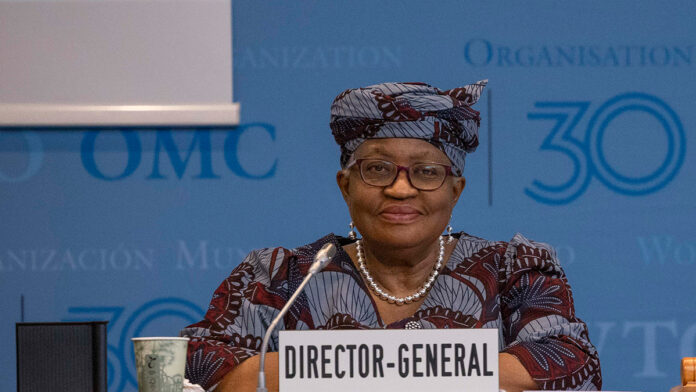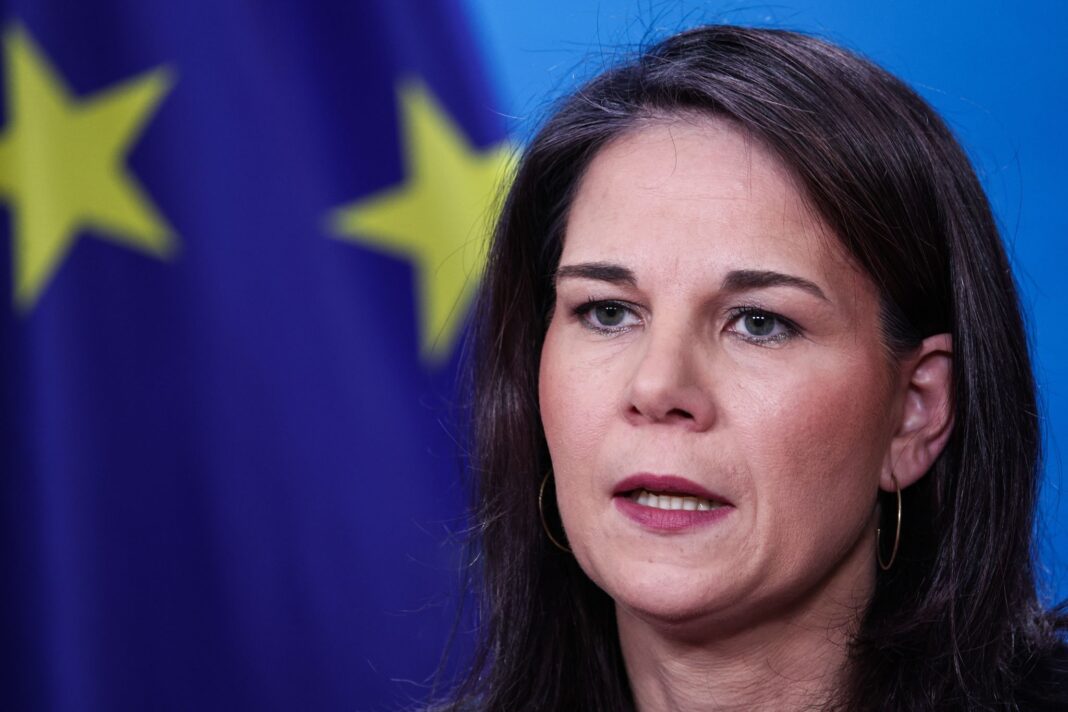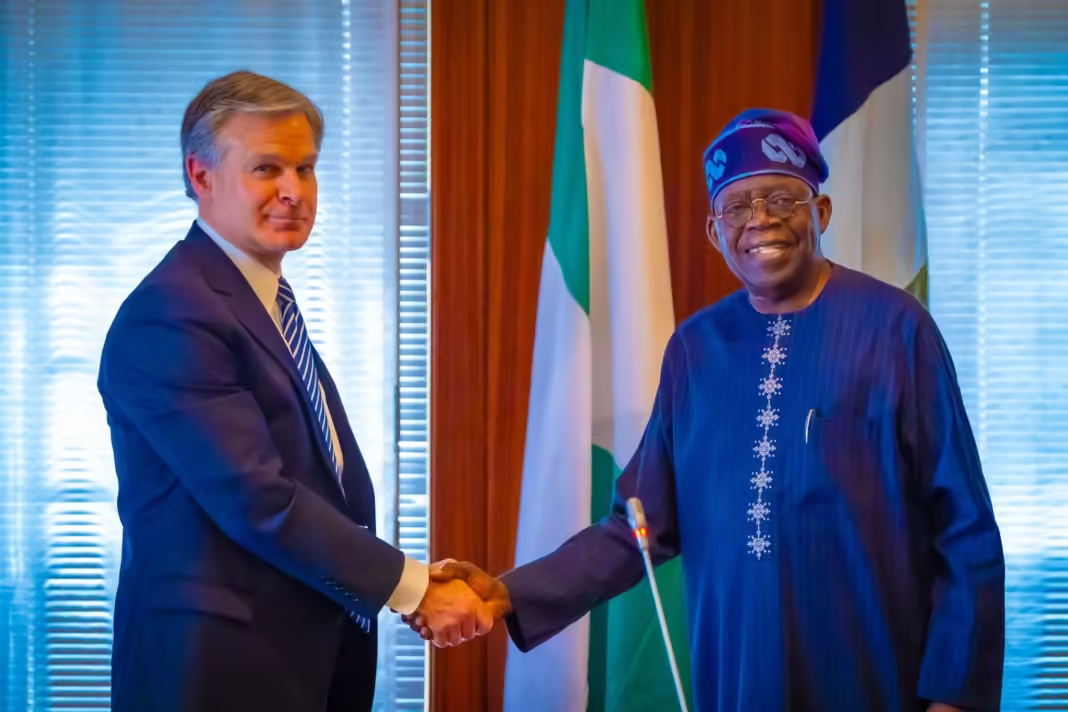The World Trade Organization’s (WTO) latest Trade Monitoring Report shows a significant rise in trade-restrictive measures imposed by member countries, with Director-General Ngozi Okonjo-Iweala warning that the global trading environment is becoming “fragile, uncertain, and precarious.”
Between October 2023 and October 2024, WTO members introduced 169 trade-restrictive measures, covering goods worth $887.7 billion—an increase of over $500 billion compared to the previous year. “There is little meaningful roll-back of existing trade restrictions, and the stockpile of these measures continues to grow,” Okonjo-Iweala said during the presentation to the Trade Policy Review Body on December 11.
She noted that import restrictions now affect $2.94 trillion worth of goods, representing 11.8% of world imports, up from 9.9% in the previous year. Similarly, export restrictions surged, covering $276.7 billion in traded goods, a sharp rise from $159.1 billion the year prior.
Despite these concerning trends, the report highlighted some positives. Trade-facilitating measures, such as tariff reductions and simplified import procedures, rose sharply, affecting goods valued at $1.44 trillion. “This shows trade’s resilience amid recent shocks,” said Okonjo-Iweala, though she cautioned that resilience “looks fragile” in the face of geopolitical tensions and unilateral actions.
Trade remedy measures, including anti-dumping actions, also increased, with an average of 28.2 initiations per month during the review period, the highest since 2021.
Okonjo-Iweala urged WTO members to strengthen the rules-based trading system, emphasizing that “trade remains a vital part of solutions to global challenges such as economic growth, food security, and climate change.” She called for reforms to adapt the WTO to modern pressures, noting that trade continues to bear blame for macroeconomic imbalances rooted in domestic policies.
Geopolitical tensions, such as the war in Ukraine, have also led to trade fragmentation, with countries increasingly trading within like-minded groups. However, the report found no widespread shift toward regionalization or near-shoring on a global scale.
The WTO’s monitoring efforts further revealed new measures aimed at addressing climate change and transitioning to sustainable economies, alongside limited trade actions citing national security concerns, affecting $79.6 billion in goods.
“The global trading system needs urgent reform to deliver for people and the planet,” Okonjo-Iweala said, reiterating her call for collaborative action among WTO members.
 Donate
Donate



